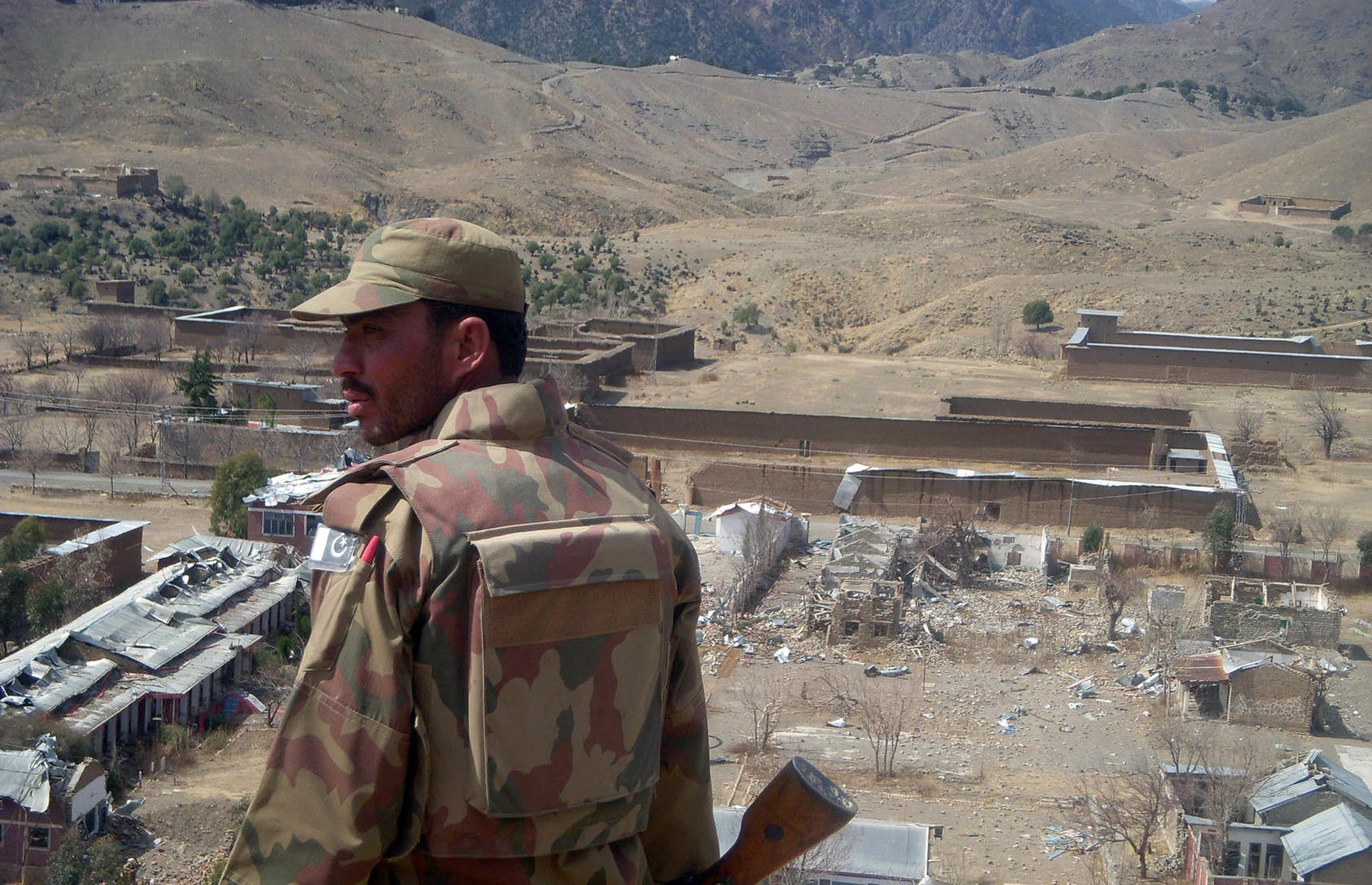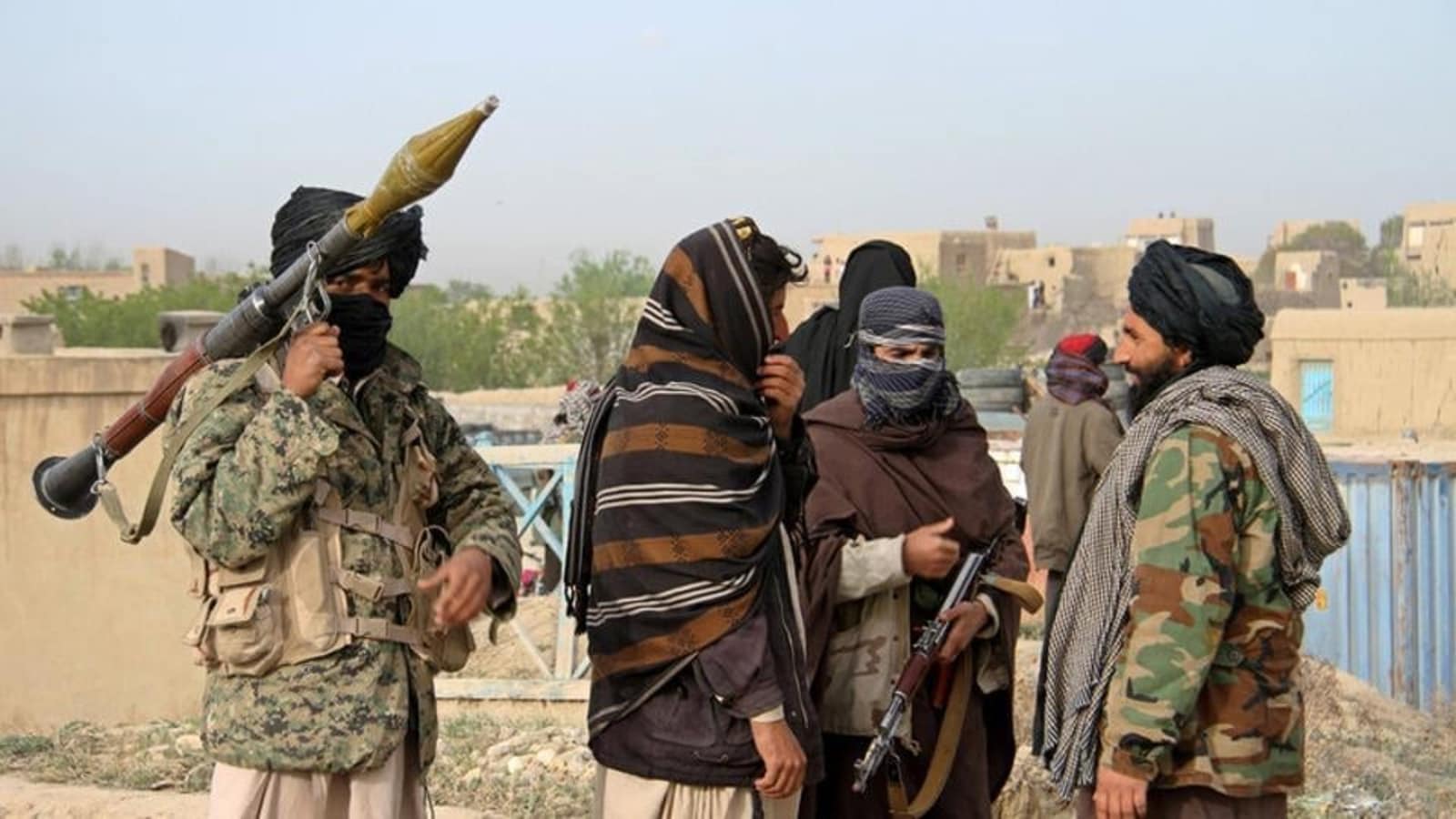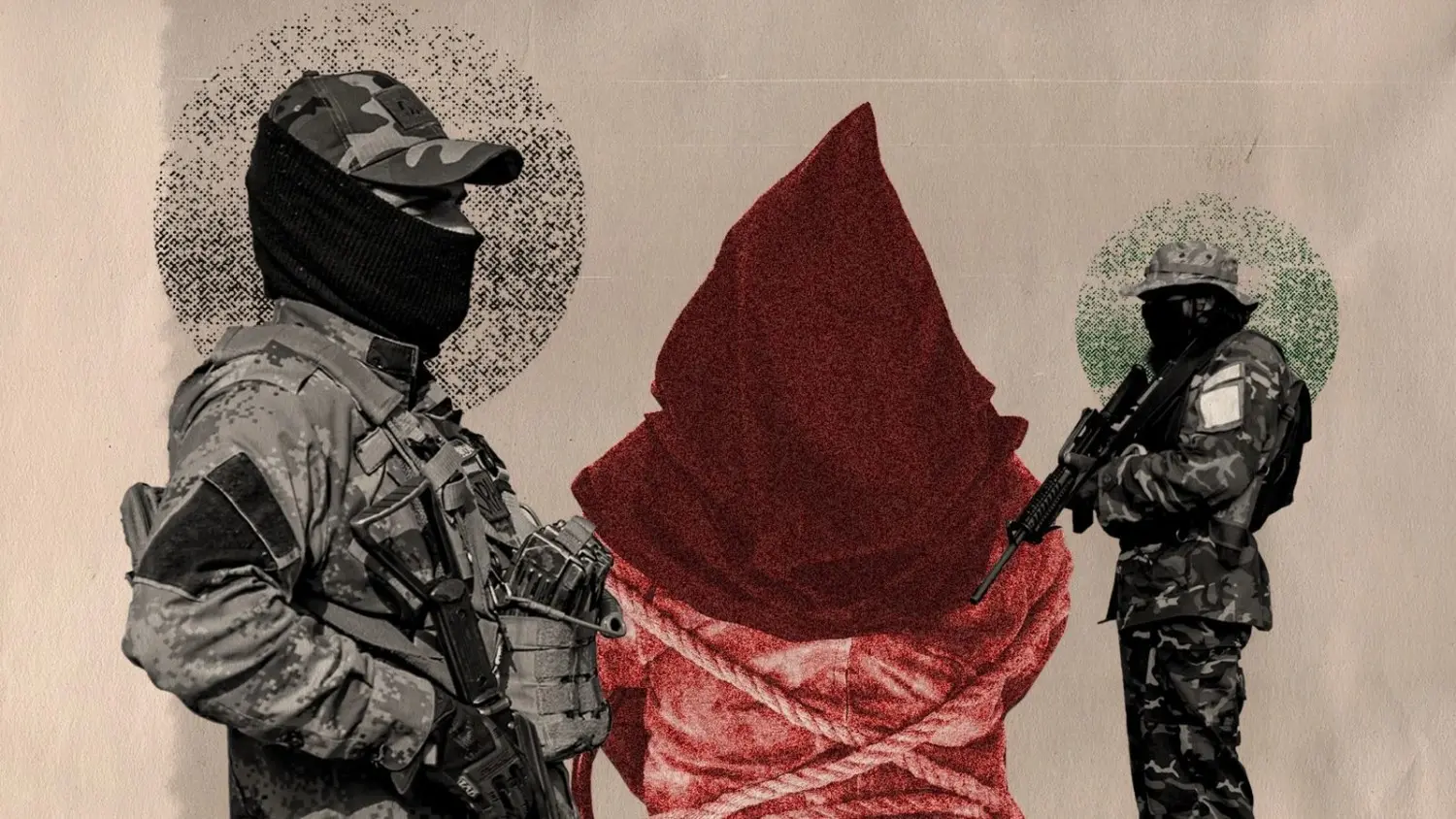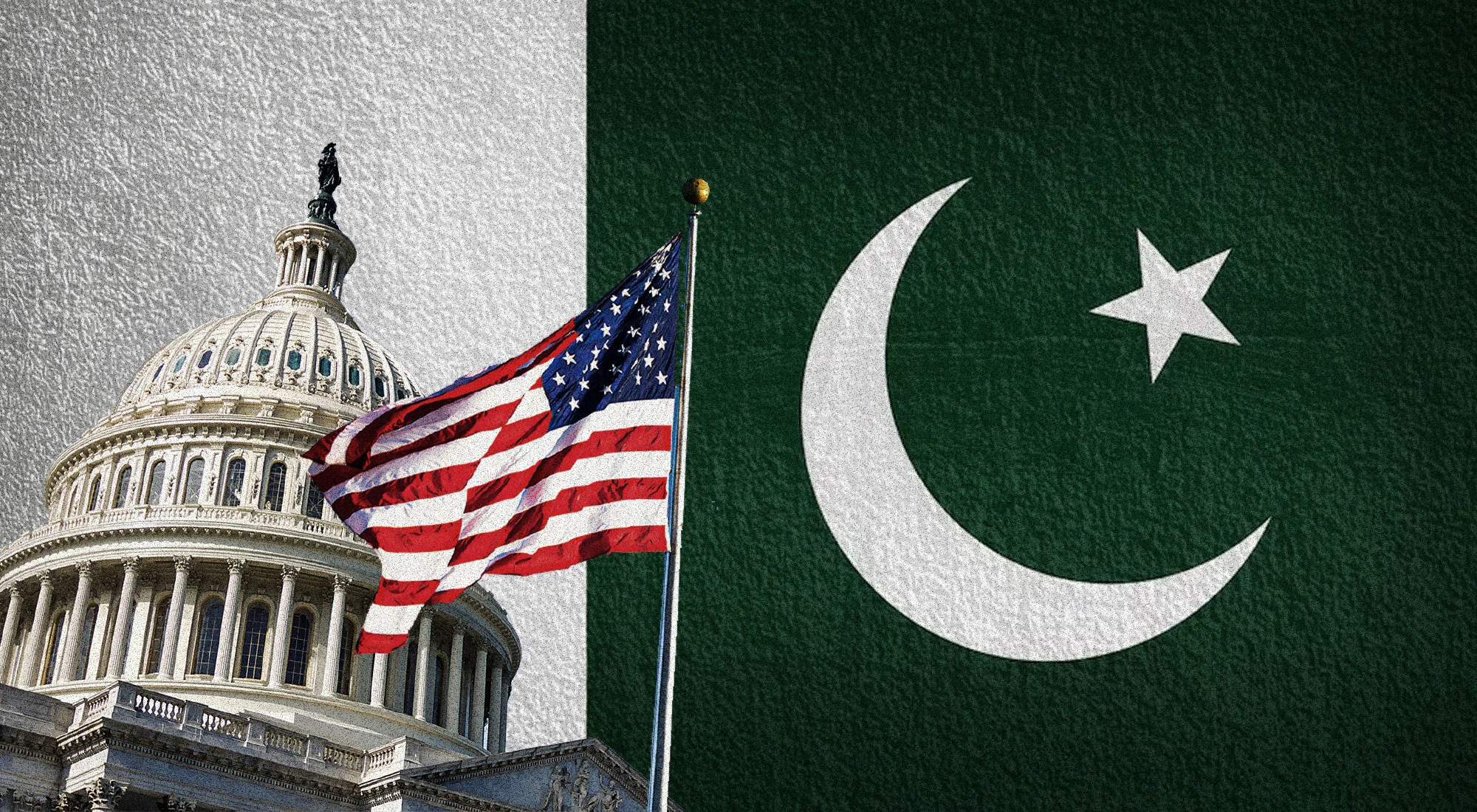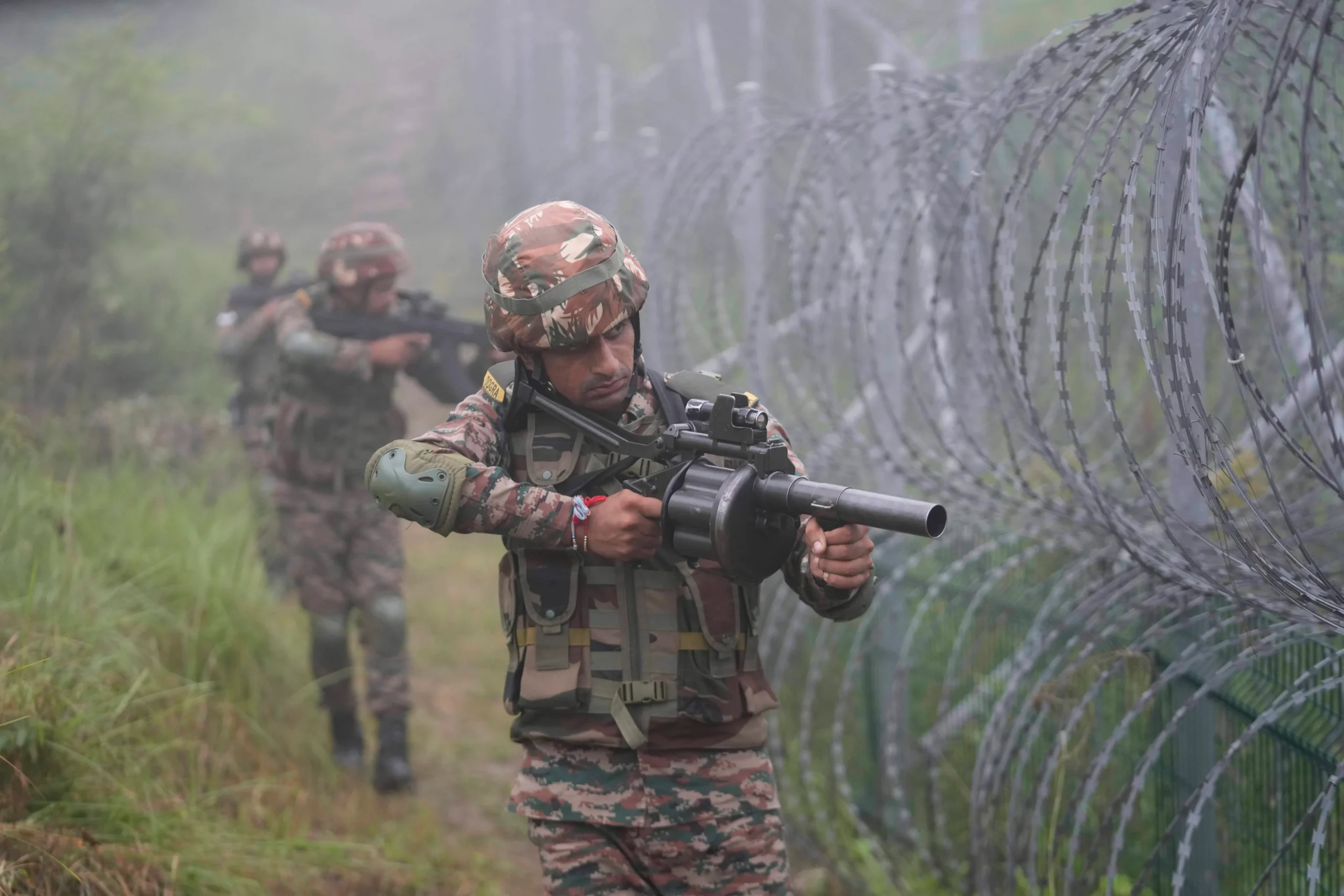Pakistan is once again at a critical juncture in its war against terrorism. A resurgent Tehrik-e-Taliban Pakistan (TTP) has intensified its attacks, posing a severe threat to national security and regional stability. In the face of this renewed militancy, there have been calls, both from within and outside the country, for another round of peace talks. However, an analysis of past failed negotiations, coupled with the current geopolitical landscape, reveals an uncomfortable truth, that Pakistan cannot afford another cycle of reconciliation with the TTP. Engaging in dialogue at this point is not a path to peace, but a strategic blunder that only serves to embolden the militant group and undermine the state’s authority.
A History of Failed Dialogues
The history of Pakistan’s engagement with the TTP and its affiliates is a chronicle of failed peace deals and broken ceasefires. The pattern of concessions leading to regrouping is not a new phenomenon. Early attempts at reconciliation, such as the 2007 peace deal with Mullah Fazlullah in Swat and a similar agreement in South Waziristan, proved to be strategic mistakes. These agreements with local Taliban leaders quickly fell apart, with the militants using the lull in fighting to expand their influence and launch new attacks. This was further demonstrated by the Nizam-e-Adl Regulation of 2009, which was passed by the government to establish Sharia law in the Malakand Division in an effort to appease the militants. While the regulation was signed into law, the TTP’s violence did not cease. Instead, the group used the opportunity to expand its influence into neighboring districts like Buner, demonstrating that its objectives went beyond legal frameworks to a complete overthrow of the state’s writ. The TTP’s spokesman at the time, Muslim Khan, even declared that the group would not lay down its arms until full implementation of Sharia had been achieved, ultimately rejecting the government’s attempts at a settlement and highlighting the futility of such a deal.
This cycle of failed dialogue was tragically repeated after the Afghan Taliban’s return to power in 2021. The Pakistani government, with the Afghan Taliban acting as a mediator, engaged in a series of talks. A temporary one-month ceasefire was agreed upon in November 2021, which failed. Another truce was signed in May 2022, which was later extended, and a 57-member jirga negotiating team of tribal elders even traveled to Kabul for talks. However, these discussions also ended without a breakthrough, with a major sticking point being the TTP’s demand to reverse the merger of the Federally Administered Tribal Areas (FATA) with Khyber Pakhtunkhwa. The TTP formally ended its indefinite ceasefire in September 2022.
These dialogues, whether in Swat or the tribal areas, consistently followed a predictable and perilous pattern: the government would make concessions, the militants would feign a commitment to peace, and then they would use the ceasefire period to regroup, rearm, and launch even more devastating attacks. This pattern proved that for the TTP, peace talks are not an end but a means to a strategic objective, gaining time and legitimacy to strengthen their operational capabilities.
The Success of Kinetic Operations
In contrast to the failures of dialogue, military operations have proven to be the only effective strategy against the TTP. The most significant example is the 2014 launch of Operation Zarb-e-Azb in North Waziristan. This decisive military offensive was widely supported across the political spectrum and proved to be a major blow to the TTP. Involving up to 30,000 soldiers, the operation successfully dismantled the militants’ command and control structures, eliminated key leaders, and cleared their sanctuaries in the tribal areas and over 2,763 terrorists were killed and 837 hideouts were destroyed. Most importantly, the subsequent decline in terrorist attacks across Pakistan was a clear testament to the effectiveness of a kinetic, no-compromise approach, with the overall security situation improving and terrorist attacks in Pakistan dropping to a six-year low since 2008.
The Afghan Taliban’s Role in TTP’s Resurgence
The current wave of terrorism in Pakistan is a direct consequence of the Afghan Taliban’s return to power in Kabul in August 2021. The Pakistani state’s policy of pursuing dialogue with the TTP in the wake of this development was rooted in the assumption that the Afghan Taliban, would pressure the TTP to abide by a peace agreement. Instead, the opposite occurred. The Afghan Taliban’s victory provided a massive psychological and operational boost to the TTP. TTP fighters and leaders who had taken refuge in Afghanistan post-2014 were now operating from a more secure sanctuary, with access to sophisticated weaponry left behind by the collapsing Afghan National Army. The Afghan Taliban, despite Pakistan’s repeated requests, has either been unwilling or unable to take effective action against the TTP, providing them with safe havens, a steady supply of manpower, and a crucial logistical and ideological lifeline. This newfound strength has allowed the TTP to regroup and reorganize, culminating in a dramatic increase in violence.
Administrative and Political Hurdles in Khyber Pakhtunkhwa
Adding to the complexity of the situation has been the role of the provincial government in Khyber Pakhtunkhwa (KP). The provincial government has created significant administrative and political hurdles for an effective counter-terrorism response. The current PTI-led government’s political rhetoric often opposes the federal government’s directives, and it has openly opposed military action at a time when military actions are deemed necessary. For example, Gandapur announced his intent to form a provincial-level committee to hold talks with the Afghan Taliban to resolve security and trade issues, framing the federal government as inflexible. He also expressed his government’s resolve not to force any Afghan national to leave the province, directly opposing the federal government’s policy of repatriating illegal Afghan refugees, which Islamabad argues has become a security concern.
This administrative discord, coupled with a consistent social media narrative from the party that frames military operations as a war on Pashtuns, has created a dangerous divide within the general population. This narrative provides the TTP with a narrative of political legitimacy, portraying them not as an enemy of the state but as a group with legitimate grievances.
A Decisive Path Forward
The evidence is clear and overwhelming: reconciliation with the TTP is a failed policy. The historical record, from the Nizam-e-Adl Regulation to the post-2021 dialogues, shows that such negotiations have only provided the TTP with a window of opportunity to rearm and regroup. The success of kinetic operations like Zarb-e-Azb demonstrates that a firm, no-compromise approach is the only way to effectively counter this existential threat. Furthermore, the TTP’s current resurgence is directly linked to the Afghan Taliban’s rise and the logistical and ideological support they now receive from across the border, compounded by political opposition within Pakistan itself.
Any further talk of dialogue or appeasement would be a betrayal of the sacrifices made by Pakistan’s security forces and civilians, who have endured immense loss at the hands of this group. The only viable path forward is a multi-pronged strategy centered on decisive, sustained military operations to dismantle TTP’s networks, combined with a united political front that rejects all forms of extremist appeasement. It is time for Pakistan to close the door on dialogue and choose a path of strength and resolve. The nation cannot afford to be deceived by the false promise of peace talks again.

